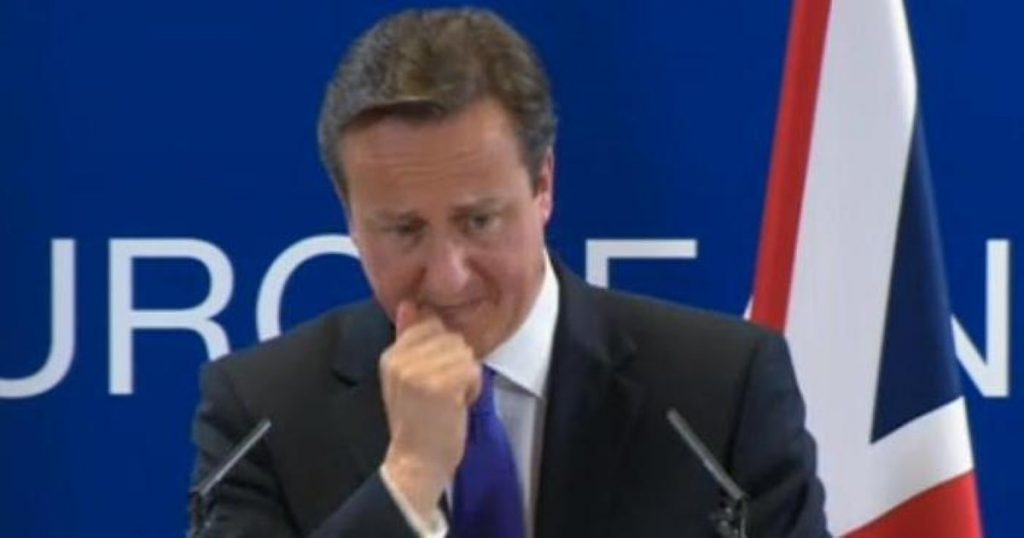Dead in the water: Lords kill off EU referendum bill
The chances of a referendum on Britain's membership of the EU receded today, after peers voted to kill off the bill enshrining it in law.
James Wharton private members bill was killed off when Lords voted by 180 to 150 to end the committee stage of the legislation, meaning it ran out of time to get through.
The vote came after Labour and Liberal Democrat peers tabled countless amendments to the legislation in a bid to kill it off behind the scenes.
The move prompted an extraordinary outburst from Tory HQ, which put out a statement branding Labour and the Liberal Democrats "enemies of democracy".


David Cameron said he would reintroduce an EU referendum bill in the next session of parliament and if necessary rely on the Parliament Act to force it through the Lords.
"Labour and the Lib Dems have conspired in the House of Lords to kill this important piece of legislation, doing the bidding of their political masters in the Commons," Wharton said.
"It's now clearer than it has ever been that it's only the Conservatives who will give people a choice on this important issue. I think many people will be disappointed by what has happened today."
Although Cameron promised to introduce new legislation it is unclear what avenues he has open to him.
Another private members bill would face the same treatment in the Lords, while a government bill would be instantly shot down by the Liberal Democrats.
Ironically, the legislation would not actually have a statutory effect.
Even if the Wharton bill had passed, it could not force the next government to hold a referendum in 2017.
But the bill had power as an act of political symbolism and temporarily sated the rebelliousness of Cameron's backbench MPs.
That period of relative calm for the parliamentary Conservative party is now over, however, after dozens of Tories rebelled against the leadership on amendments to the immigration bill last night.
Cameron is now faced with a volatile parliamentary party and a legislative puzzle if he wants to keep eurosceptic backbenchers onside in the months leading up the general election.

